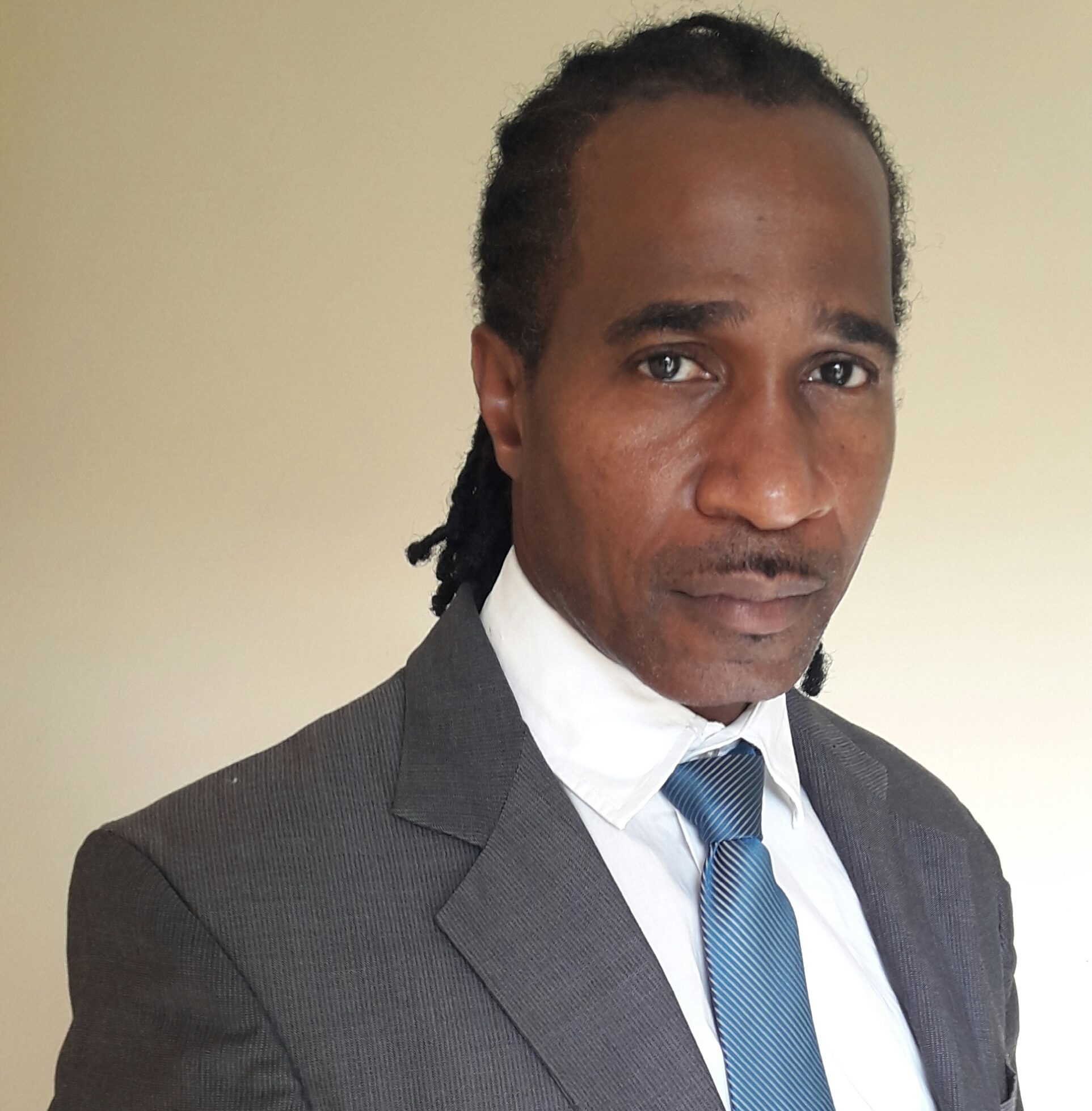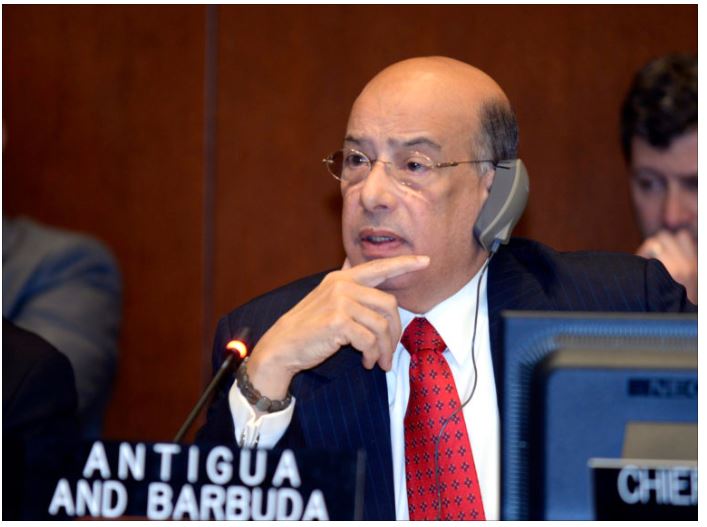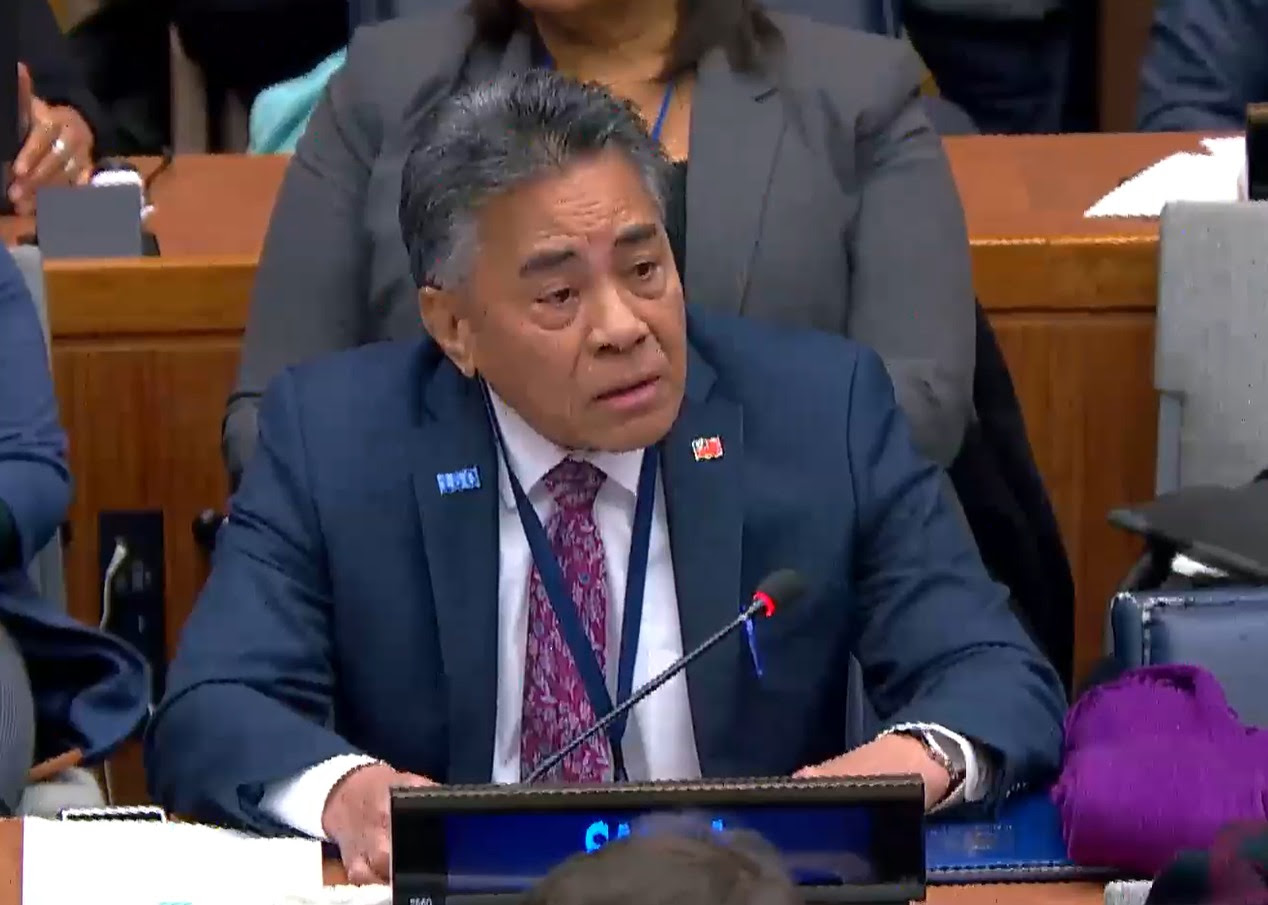By Kent Vital – Political Leader, Dominica Freedom Party
The current political administration of the Commonwealth of Dominica has touted its intention to become the world’s first climate resilient country, in the face of the severe impact that hurricane Maria had on the country.
While the concept is ill-conceived at best, the buzz words are perhaps serving the ruling political party very well – distracting citizens form the government’s past failures and masking the lack of planning and implementation capacity as well as the lack of legitimacy and credibility to govern the country that is necessary to significantly reduce poverty, increase employment, increase the size of the middle class, stem migration and population decline and generally bring about economic dignity.
There is a huge element of being resilient that simply depends on a country’s level of prosperity, its size, its economic diversity and its culture! This is intuitive! People in a prosperous country build stronger homes.
A prosperous country’s government probably would be able to raise the financing to build adequate and hardy infrastructure. The governments of a prosperous country would either have adequate fiscal reserves or access to credit that would allow it to recover quickly in the event of shocks including natural disaster shocks. Additionally, prosperous economies can better direct resources towards adapting to the likely impact of climate change.
By the prosperity matrix alone, and short of receiving very significant, speedy and sustained grant contributions from other countries, it is virtually impossible for Dominica to become the world’s first climate resilient country, even if the idea of being “first” was a meaningful one! One could say that there are many prosperous or developed countries such as Sweden that are perhaps already fully resilient if at all “fully resilient” can be defined or measured!
Hence the notion of Dominica being the world’s “first” climate resilient country does not have much substance!
In terms of the physical size matrix, not all parts of a large country are likely to be hit at the same time by a natural disaster and hence by that virtue some countries will be more resilient than others.
The latter makes building resilience all the more challenging for small-size countries and makes building prosperity even more important as a vehicle towards building economic and climate resilience! Similarly, an economically more diversified country is less prone to impacts of economic and disaster shocks than a less diversified country.
Small countries are more likely to be less diversified than larger countries and here again, prosperity become an important pursuit for small countries towards building resilience! To be sure, effective planning is important towards improving resilience no matter a country’s level of prosperity, but the greatest and fastest progress can be made towards building resilience in an environment where there is increasing economic growth and prosperity that is adequately distributed.
Prior to the impact of hurricane Maria which struct Dominica in September 2017, the country was already in an economically fragile state and based on the country’s past trajectory and the governance track record of the ruling administration, development prospects were certainly not rosy! Hurricane Maria certainly made a very bad situation much worst!
Track record aside though, given its economic fragility, the country’s planning focus in the aftermath of the hurricane should ideally be on how to recover from the impacts of Hurricane Maria and on how to get to a path for building greater economic prosperity than what existed before. This has to be the primary focus at this point in time as this is the most plausible route to building climate and economic resilience.
Off course, there has to be deliberate planning to ensure that as the country is rebuilt and as greater economic success is pursued, resilience considerations are adequately built-in. But the touting of the buzz words – “building the world’s first climate resilient country” without primary attention on building economic prosperity is naïve or it is simple a distraction from the government’s lack of creativity and integrity.
It is also very important to pursue social cohesion including efforts to foster positive cultural attitudes as an important element for building climate and economic resilience – but more on that in another article. But if rebuilding and escaping economic fragility is not Dominica’s primary focus, then the island nation will continue to have high levels of poverty, unemployment and migration. If this is not the primary focus, then the public sector will not be able to finance much of what is needed to build a resilient economy and the people will not have the earning power that will allow them to play their part.
The government of Dominica does not appear to adequately understand how to incorporate resilience into development planning. An important consideration is financing and how plans are tied to budgeting.
It appears that the government is depending heavily on resources from the Citizen by Investment (CBI) programme to fund its operations. But a good look at the 2018/19 budget reveals the kind of fiscal risk that the current government has lead the country into! It is truly alarming! Notice that of the estimated total revenue of EC$788.7mn for Fiscal Year (FY) 2018/19 that non-tax revenue is expected to account for more than half.
Of the EC$428.8mn in none-tax revenue, receipts under the CBI programme is expected to amount to EC$406.6mn or about 51.5% of the total revenue. Notice too that capital expenditure is expected to amount to $454.3mn and towards financing that expenditure, loans are expected to amount to $23.4mn or 5.1%, grants is projected at $126.0mn or 27.7%, while the bulk will come from the government amounting to $304.9mn or 67.1%. Now recurrent expenditure is expected to amount to about $550.1mn.
Hence the government is depending on resource from the CBI programme not only to cover the bulk of its capital expenditure, but also a good portion of its recurrent expenditure! This means that Dominica will be in severe fiscal difficulties if resources under the CBI programme deviate significantly from what the government indicated in the budget. This high dependence on resources under the CBI programme does not have much to do with the passage of Hurricane Maria!
Hence the big question really is – will the government be able to obtain that level of resources necessary from CBI to fund the interventions for building a climate resilient country?
In that regard consider that the estimate for non-tax revenue for 2017/18 was $421.0mn but the projections (update at the time of 2018/19 budget presentation) for that year (2017/18) is for $318.3mn to be collected which is more that 25% below the estimate.
How is it that they are now expecting to raise EC$428.8mn in 2018/19? Will the government honestly explain to the people why they did not reach their expectation last year? Is the CBI programme in decline? Why is that so? Or is it that they are expecting to draw down CBI funds that they have already starched aside? I
f the CBI programme is in decline, if the government cannot borrow adequately, and if donors won’t bring on board significant grant resources, then in subsequent years how are they going to undertake the investments that they are talking about?
Where is the current government’s creativity for growing the economy so that the country can become more resilient? Have the people of Dominica realized these risks yet? Or will the ruling administration call general elections before the above reality dawns on the people. The people are already flabbergasted over current governments’ failure that resulted in the loss of the operations of Ross University School of Medicine. So what route should Dominica take! Better governance is needed! It is in the hands of the electorate!




